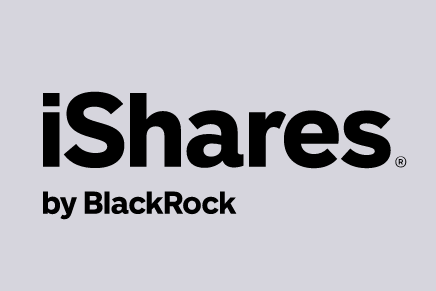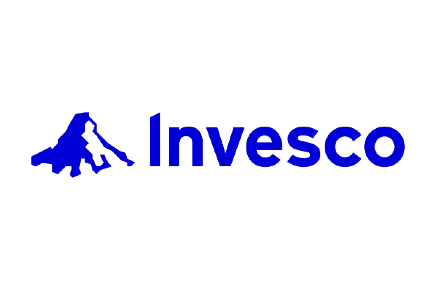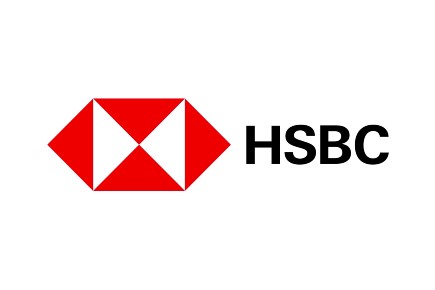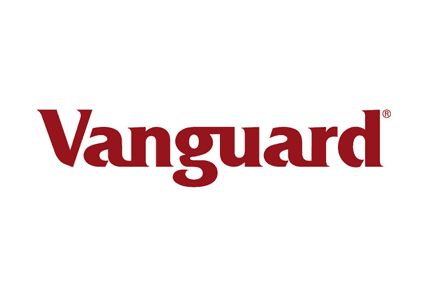FTSE 100 exchange-traded funds (ETFs) are one of the most popular methods for investing in the top 100 companies in the UK. This is thanks to their simple, low-cost way of accessing the index.
In this guide, I lay out five of the best FTSE 100 ETFs to buy in August, the benefits of investing in them, and how to buy units.
My best rated FTSE 100 ETFs to buy in August 2025
- iShares Core FTSE 100 UCITS ETF GBP Dist. (LON:ISF) – Lowest-cost and most accessible option
- Invesco FTSE 100 UCITS ETF GBP Acc. (LON:S100) – Best major performer
- HSBC FTSE 100 UCITS ETF (LON:HUKX) – Best tracker
- Vanguard FTSE 100 UCITS ETF GBP Acc. (LON:VUKG) – Renowned brand
- Xtrackers FTSE 100 UCITS ETF (£XDUK) – (LON:XDUK) – Best returns

Why buy this ETF?
- Extremely economical annual management fee of 0.07%.
- Most tradeable due to lowest market price amongst FTSE 100 ETFs available.
- Massive fund size of c.£11.2bn makes it very liquid.

Why buy this ETF?
- Best-performing major FTSE 100 ETF in 2023.
- Biggest FTSE 100 ETF asset size of c.£16bn.
- Decently low-cost annual management fee of 0.09%.

Why buy this ETF?
- Least tracking error on the FTSE 100 due to its smaller fund size of c.£479m.
- Solid dividend yield of c.4%.
- Competitive annual management fee of 0.07%.

Why buy this ETF?
- Huge fund size of c. £4.8bn with a strong and reliable brand managing it.
- Relatively inexpensive annual management fee of 0.09%.
- Dividends are reinvested back into the fund, making it a good option for passive investors to compound gains.
Please note: The value of your investments (and any income from them) can go down as well as up and you may not get back the full amount you invested. Past performance is not a reliable indicator of future performance. Investments should be considered over the longer term and should fit in with your overall attitude to risk and financial circumstances.
CFDs and spread bets are complex instruments and more than half of retail investor accounts lose money when spread betting and trading CFDs. Please make sure that you know these risks before you start trading and that you’re aware there’s a high chance of losing money rapidly on your investment.
What are FTSE 100 ETFs?
A FTSE ETF is an exchange-traded fund (ETF) that follows the performance of the FTSE 100 index. The FTSE 100 is an index compiled of the top 100 stocks on the London Stock Exchange with the highest market capitalisation (market cap).
Usually, exchange-traded funds work by investing in the underlying holdings of a specific stock market index. So, an ETF that tracks the FTSE 100 will aim to reflect the performance of the top 100 firms by market cap in the UK market. Current constituents of the FTSE 100 include companies such as AstraZeneca, BP, Shell, Diageo, and Unilever.
Aside from the FTSE 100, there are also ETFs tracking many different indices around the world. For example, the SPDR FTSE UK All Share UCITS ETF uses the FTSE All-Share as its underlying index.
What are the benefits of investing in FTSE 100 ETFs?
There are a number of advantages to investing in FTSE 100 ETFs. I have outlined a few of these below:
Long-term capital growth
ETFs are often best suited as a long-term investment, because the units involved in the fund tend to increase in value over extended periods, typically at least five years.
The FTSE 100 index has averaged an annualised return of c.8% since its inception in 1984. Therefore, investing in an ETF that exclusively tracks the index has the potential to provide similar returns.
Of course, in some years returns have been negative throughout this period. Additionally, past performance is not an indicator of future performance, and companies on the index may not always grow as they have done previously. But overall, investing in an index fund like the FTSE 100 can lead to long-term growth.
Diversification
Buying an ETF gives you instant exposure to the index it follows. This means greater diversification across sectors and industries in the UK than you might be able to achieve when buying individual stocks and shares.
Low-cost investment
It is generally cheaper to invest in ETFs than mutual funds. This is because mutual funds, which are more likely to be actively managed funds, require investors to pay heftier management fees to fund managers.
There are annual charges for ETFs too, but these are typically smaller than actively managed funds. For example, you can invest in some ETFs that have annual charges of just 0.07-0.09%, such as the Vanguard FTSE 100 UCITS ETF.
What to consider before buying a FTSE 100 ETF
As with any investment, there are also downsides to investing in FTSE 100 ETFs, which are listed below:
Minimal technology exposure
The FTSE 100 is a slow-moving index, and is considered one of the most stable indices. One of the key reasons for this is because the FTSE 100 has minimal technology exposure, as the UK is not as big an exporter of technology as other nations such as the US. Although this limits volatility as tech stocks tend to be volatile, it also means investors may not get direct exposure to top-class technology firms which tend to generate much bigger returns over the long term.
Tracking errors
An ETF manager will try to keep their fund’s investment performance aligned with the index it tracks, but that may be easier said than done. That’s because tracking errors, while fairly uncommon, can occur with any index-tracking fund, and FTSE 100 ETFs are no exception.
An ETF can stray from its intended benchmarks for many reasons. If the fund manager needs to swap out assets in the fund or make other changes, the ETF may not reflect the holdings of the index. As a result, the performance of the ETF may deviate from the performance of the index.
Best FTSE 100 ETFs FAQs
What is the best FTSE 100 ETF?
The iShares Core FTSE 100 UCITS ETF (LON:ISF) is one of the most popular FTSE 100 ETFs on the market currently. However, the Vanguard FTSE 100 UCITS ETF (LON:VUKE) is also a popular option thanks to its low annual charges and strong brand.
Is the iShares FTSE 100 ETF a good investment?
